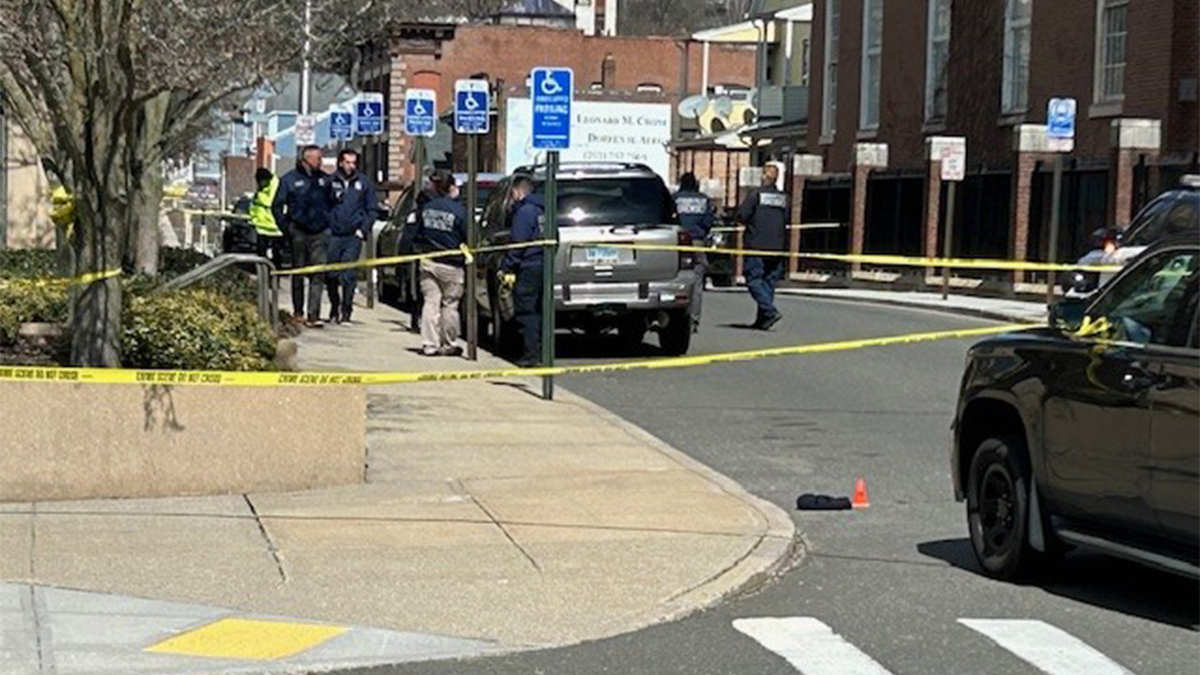
Connecticut lawmakers are being asked to consider a new, five-year proposal to boost state funding for nonprofit social service agencies, many of which have seen both an uptick in clients and increased costs during the pandemic.
The plan calls for increasing state funding to these entities, which include everything from prison reentry programs to domestic violence shelters, by $461 million over the next five years.
A recent report from the Connecticut Community Nonprofit Alliance found that state funding to nonprofits has not kept pace with the rate of inflation and the entities have been underpaid by $461 million, said Gian-Carl Casa, the group’s president and CEO. Additionally, he said, these agencies have faced numerous COVID-related costs, including hazardous duty pay for certain workers and facility renovations to help prevent the spread of infections.
“They had to do a lot just to keep people safe and provide services during this pandemic,” Casa said during a news conference on Friday.
Fernando Muniz, CEO of Community Solutions, an organization contracted by the state Department of Correction to run residential work release programs, estimates his COVID-related costs, including hazardous duty pay, have totaled $800,000. That’s money not reimbursed by the state, he said.
“But even before COVID, it’s important to note that these programs were chronically underfunded,” he said, highlighting an issue that has dogged the General Assembly for years. “The current funding doesn’t cover the actual costs of running the programs and it doesn’t allow us to pay staff an appropriate wage for the work that we have asked them to do.”
The two top Democratic leaders of the General Assembly’s Appropriations Committee voiced their commitment to securing additional funding for the nonprofits. However, it’s unclear if that amount will ultimately be $461 million over five years. Sen. Cathy Osten, D-Sprague, the committee’s co-chair, said they’ve just begun looking at various ideas.
Local
Rep. Toni Walker, D-New Haven, the other committee co-chair, said state lawmakers can “no longer turn our backs to these organizations” that Connecticut decided to rely upon 20 years ago to provide many state services.
“For us to not do anything is not acceptable,” she added.



